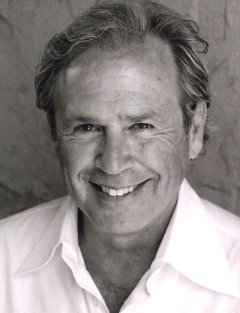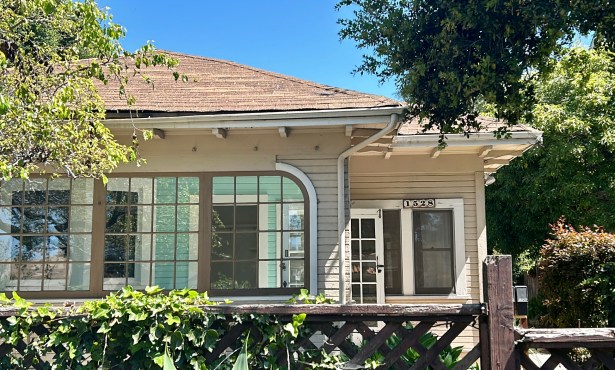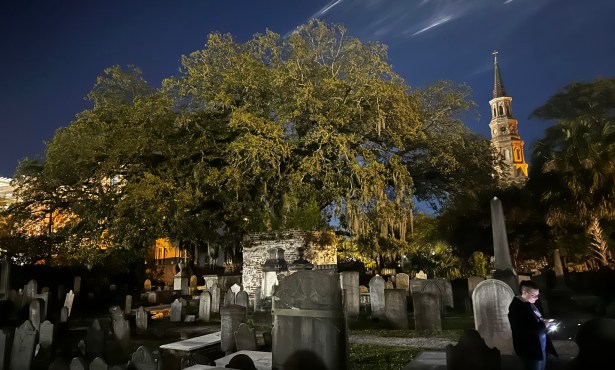Older and Happier
Some people fear gravity as they get older, others the loss of sexual power, some even fear granny diapers. Me? I fear becoming a cranky old man.
Forget creaky joints; nothing can age one faster than crotchetiness. I have started to see signs of it in my friends and colleagues (okay, even in myself): that increased irritation with having to wait for anything, the feeling that everything is too loud, that no theater seat is comfortable enough, that service is always too slow (at those Early Bird Specials?). We spend a lifetime trying to mature from our immature narcissism only to find ourselves falling back into being demanding babies wanting to be fed immediately.

I am wondering about this as I enter the decade that will gift me with Medicare and the official status of Seniorhood (yikes!): Is this my fate, to become a snarling Walter Matthau clone?
You can imagine my glee at discovering that as we get older, we actually become more emotionally positive. This is the conclusion of several recent studies that have found we gain “emotional fitness” as we age. Contrary to those disturbing stereotypes, the older you get, the less negative you become. Older folks will recall more positive memories than younger folks and, in one research study, were more adept at recalling more positive images than their younger counterparts.
According to the American Psychological Association’s review of this research, “These psychological studies document the tendency of older people to regulate their emotions more effectively than younger people, by maintaining positive feelings and lowering negative feelings. Thus, aging does not automatically bring a bad outlook.”
These findings counter the popular notion that young people are wide-eyed and bushy-tailed while oldsters are crabby and complaining. So what gives?
One theory is that as we get older we start realizing that there is a horizon to life and that realization puts things into perspective. Why sweat the small stuff? And everything is “small stuff” when you have your health, a good pal and/or spouse, and a successful bowel movement at least once a day. If you want a cool cocktail-party way of saying this, you could say that the research supports older people having greater “socioemotional selectivity.”
This may suggest that our faltering memories are our allies in this regard. But another study refutes this. Older and younger adults were asked to recall how well they were doing 14 years prior. The older ones consistently reported more positive health-whether it be physical, mental, or emotional-than the youngsters, and the oldsters even reported that their mood had improved during the 14 years. The researchers were adamant that these findings were not a result of age-related declines in memory.
I have noticed that as I get on in years I have less and less room in my memory bank. The bad experiences, once processed enough, tend to fade, leaving the more bountiful deposit of good memories. Looking back at my undergraduate days at the University of Missouri, I can barely remember those horrible “7:40’s,” trudging through the bitter cold Missouri dawn to attend calculus classes I knew I would never understand or use in my life. I don’t remember the dark moments of self-doubt, the bouts of depression. And yet I vividly recall romantic midnight strolls through Frances Quadrangle and keg parties at Hinkson Creek and so much more that make those days seem like something out of a storybook.
Perhaps that is the best antidote to the perpetual crank-remembering the moonlight and the juicy intoxication of selective memory slices. Perhaps it is the way we cope with life and its waning. Perhaps it is just nature’s way, to take away pertness and give us perspective.



